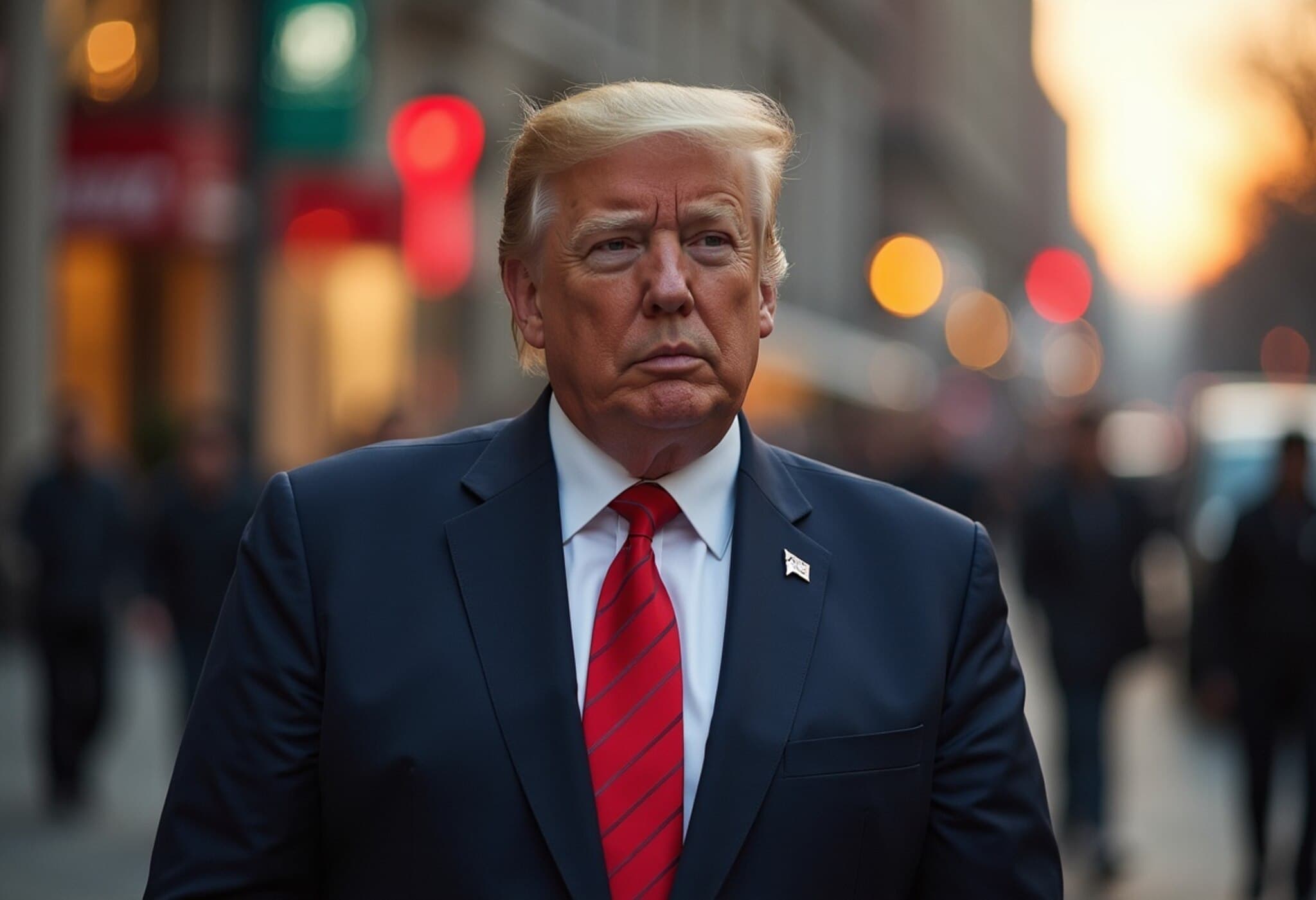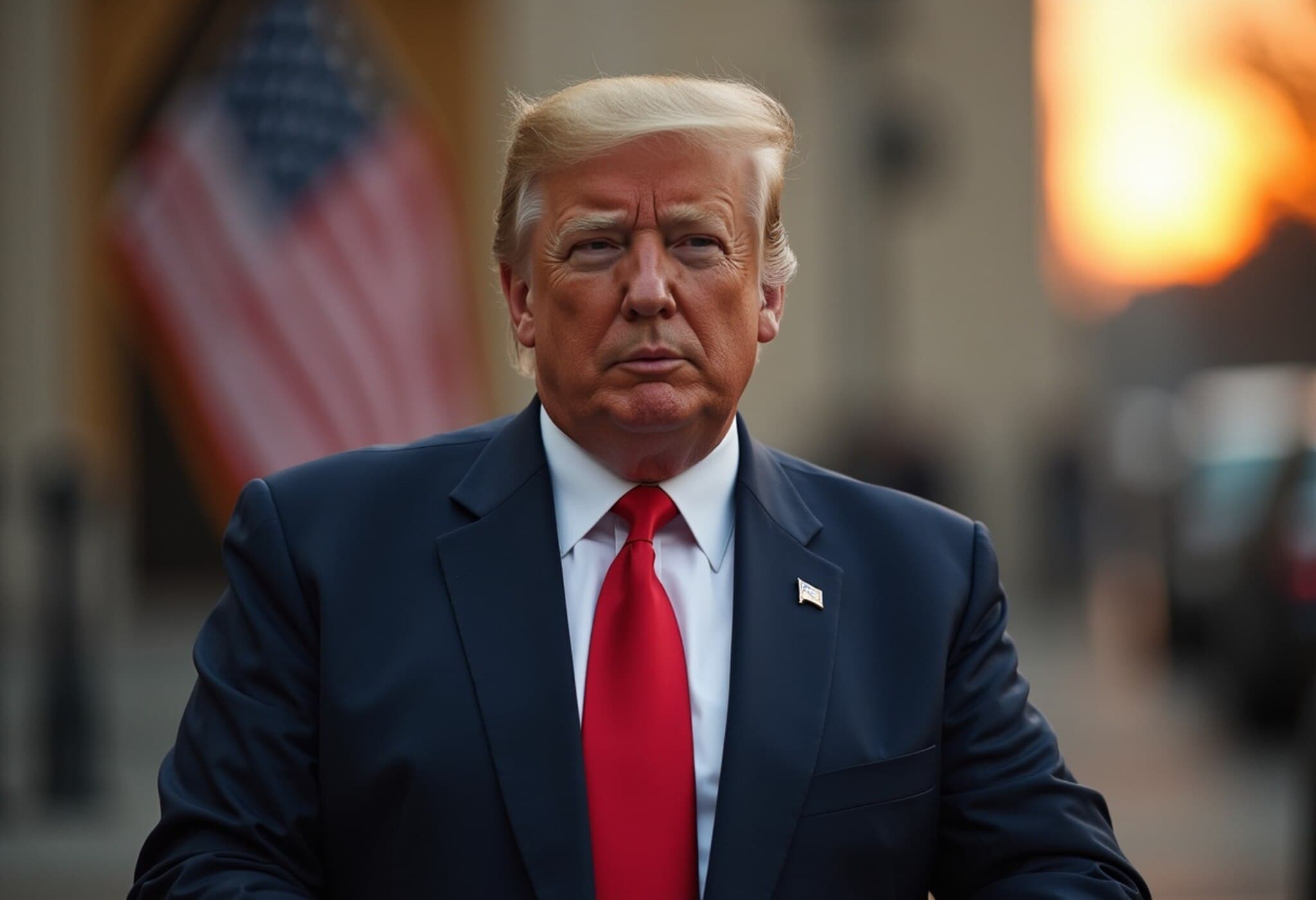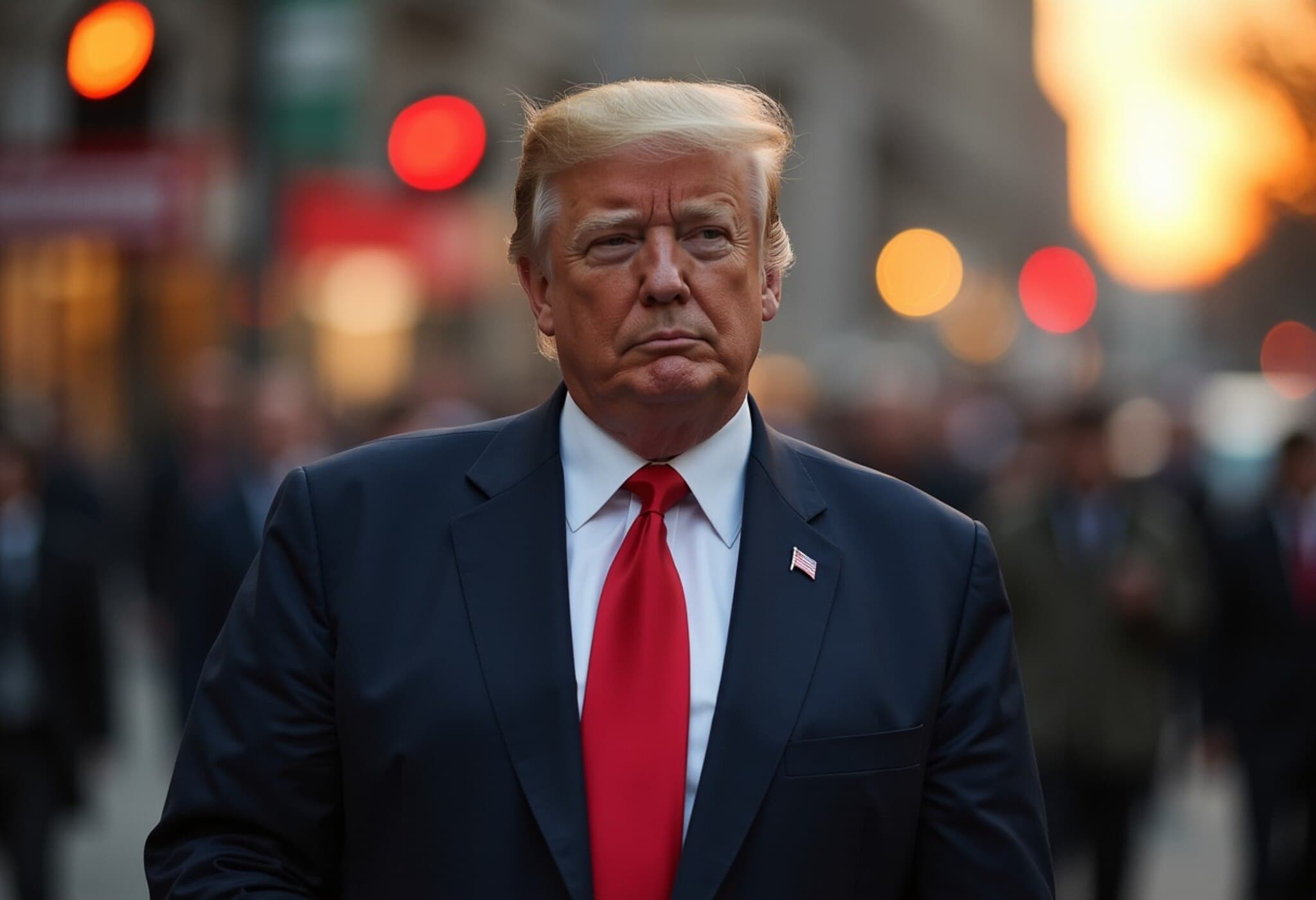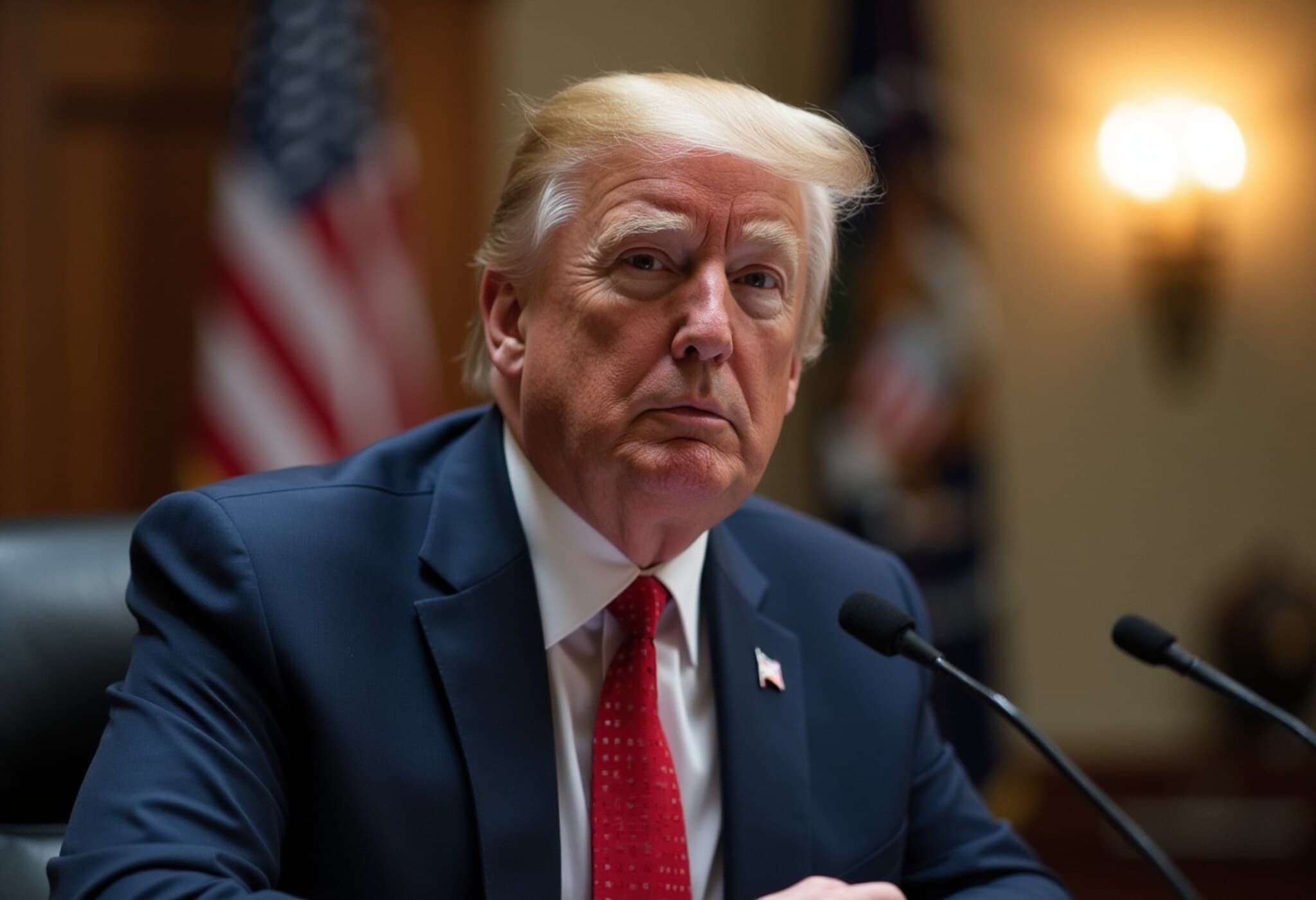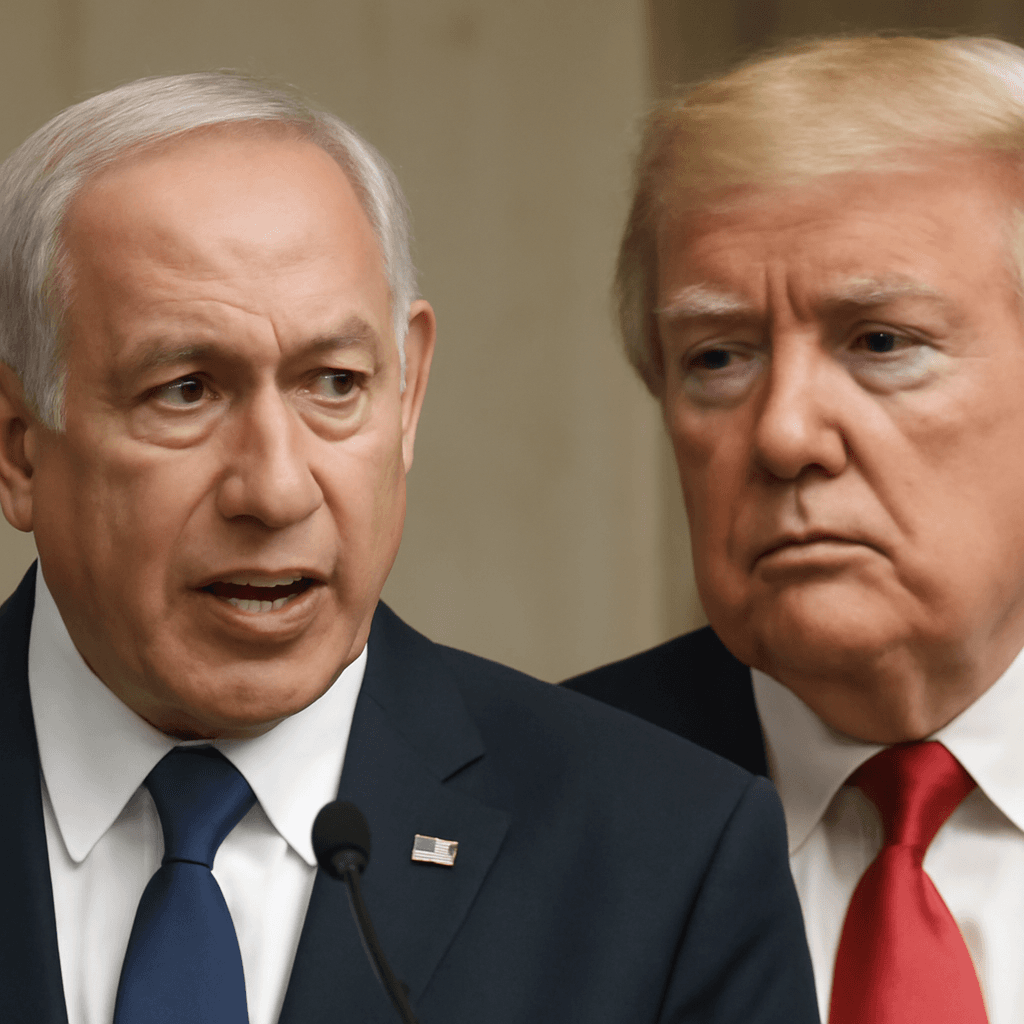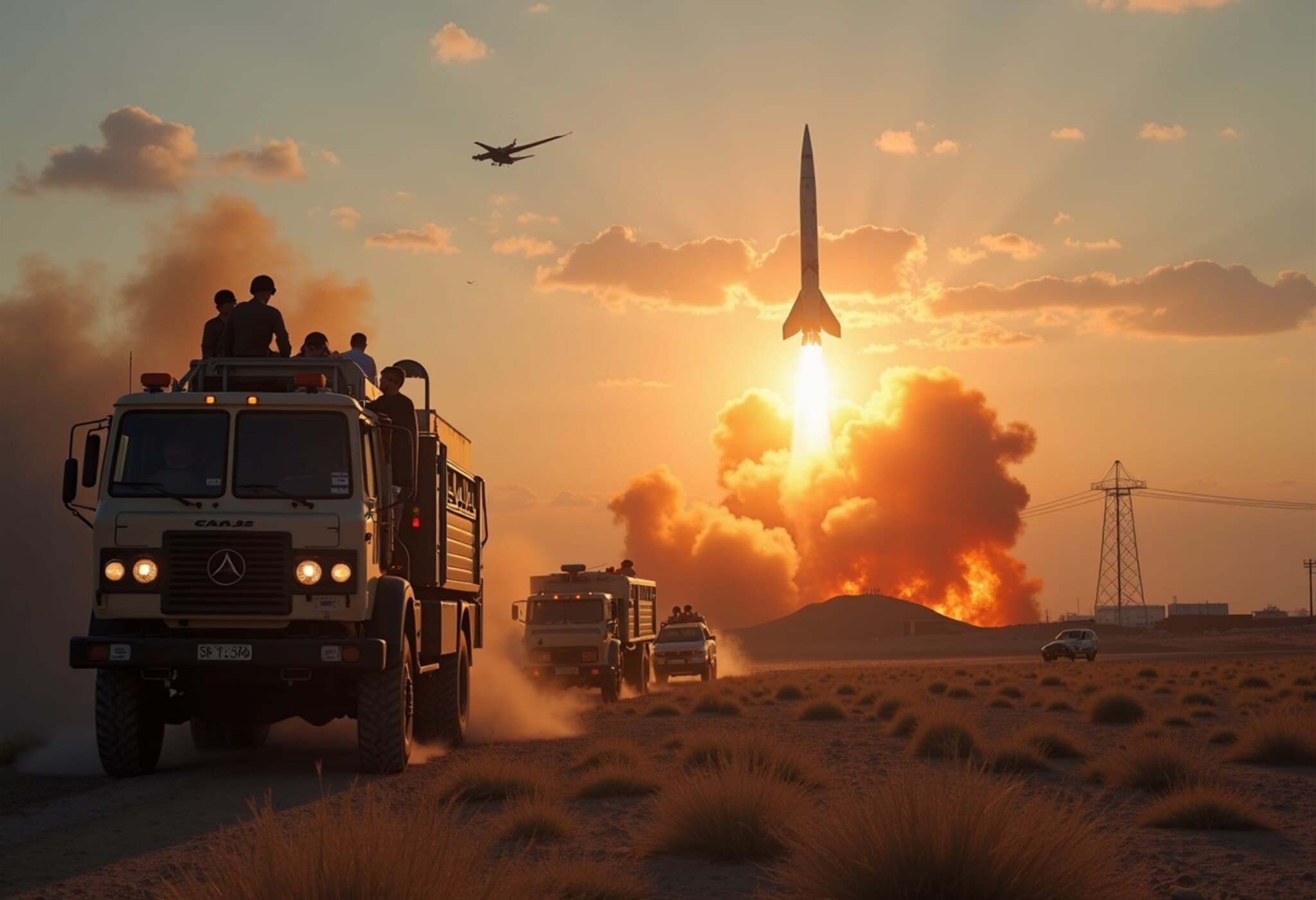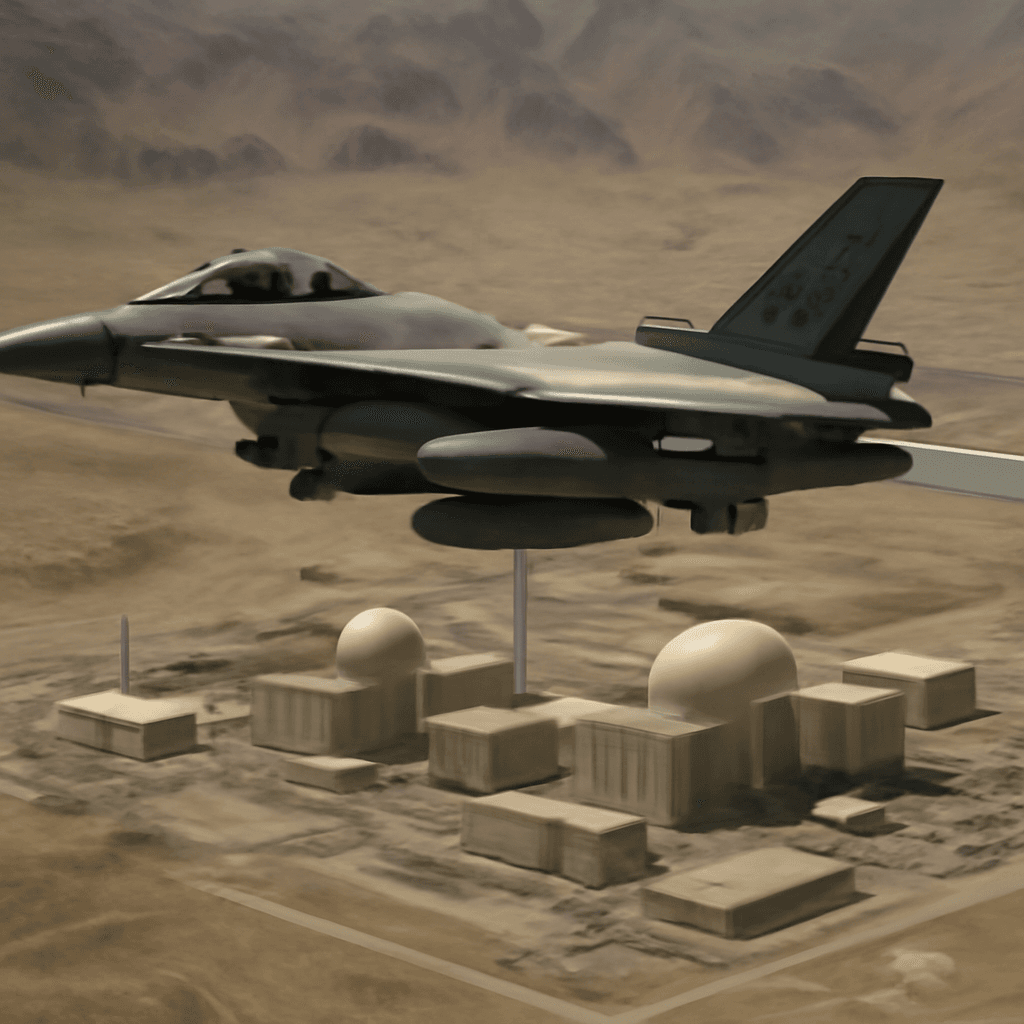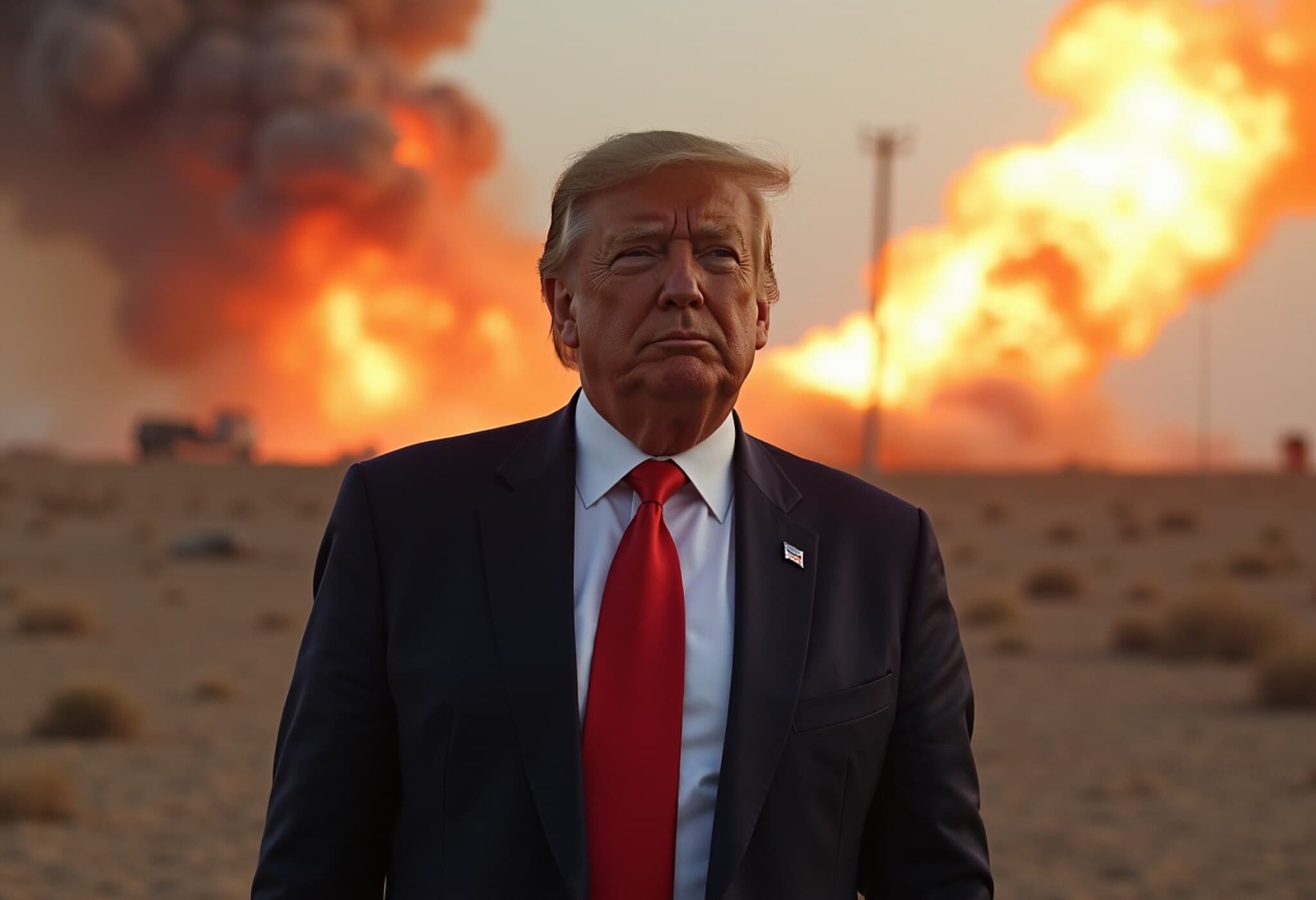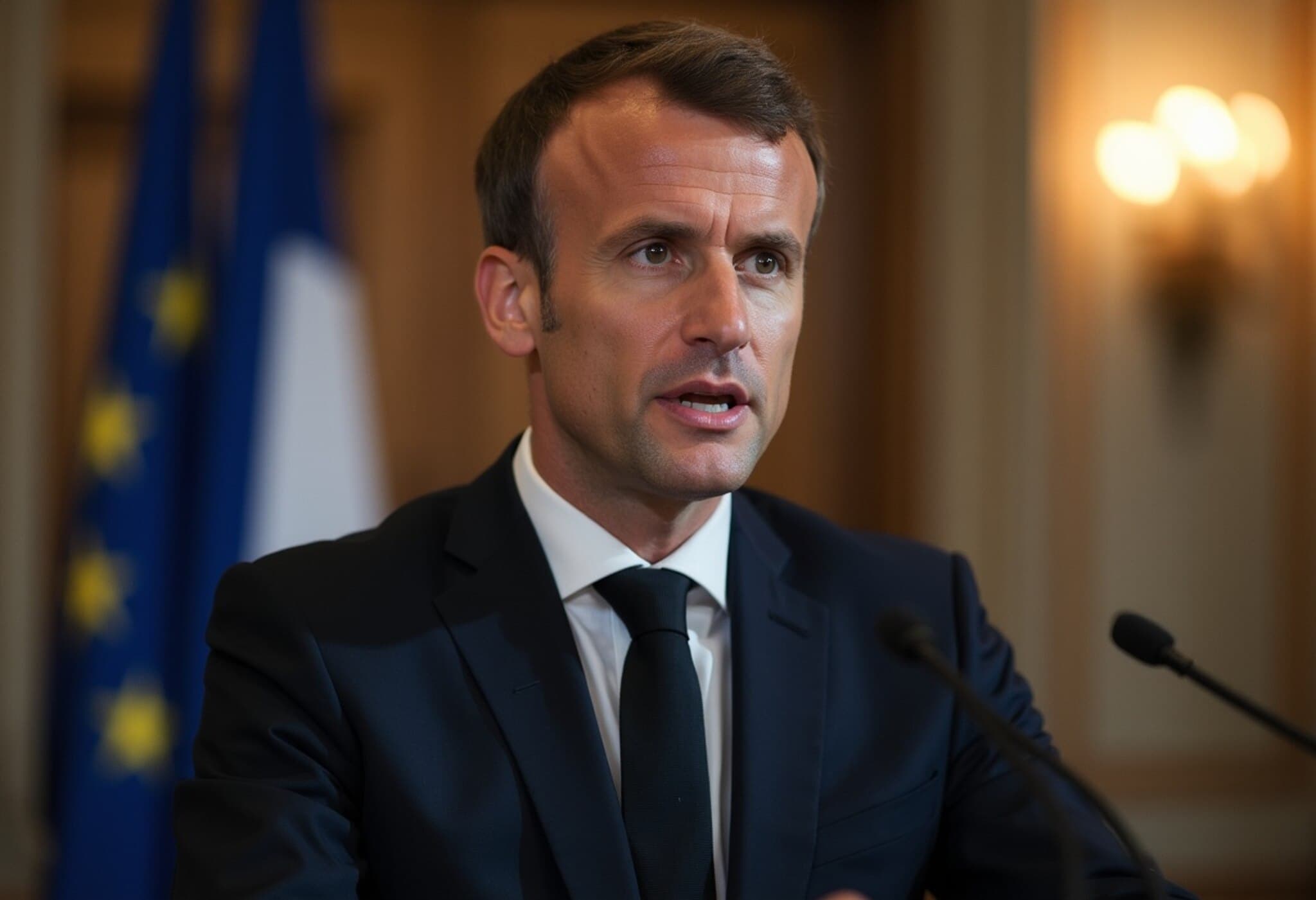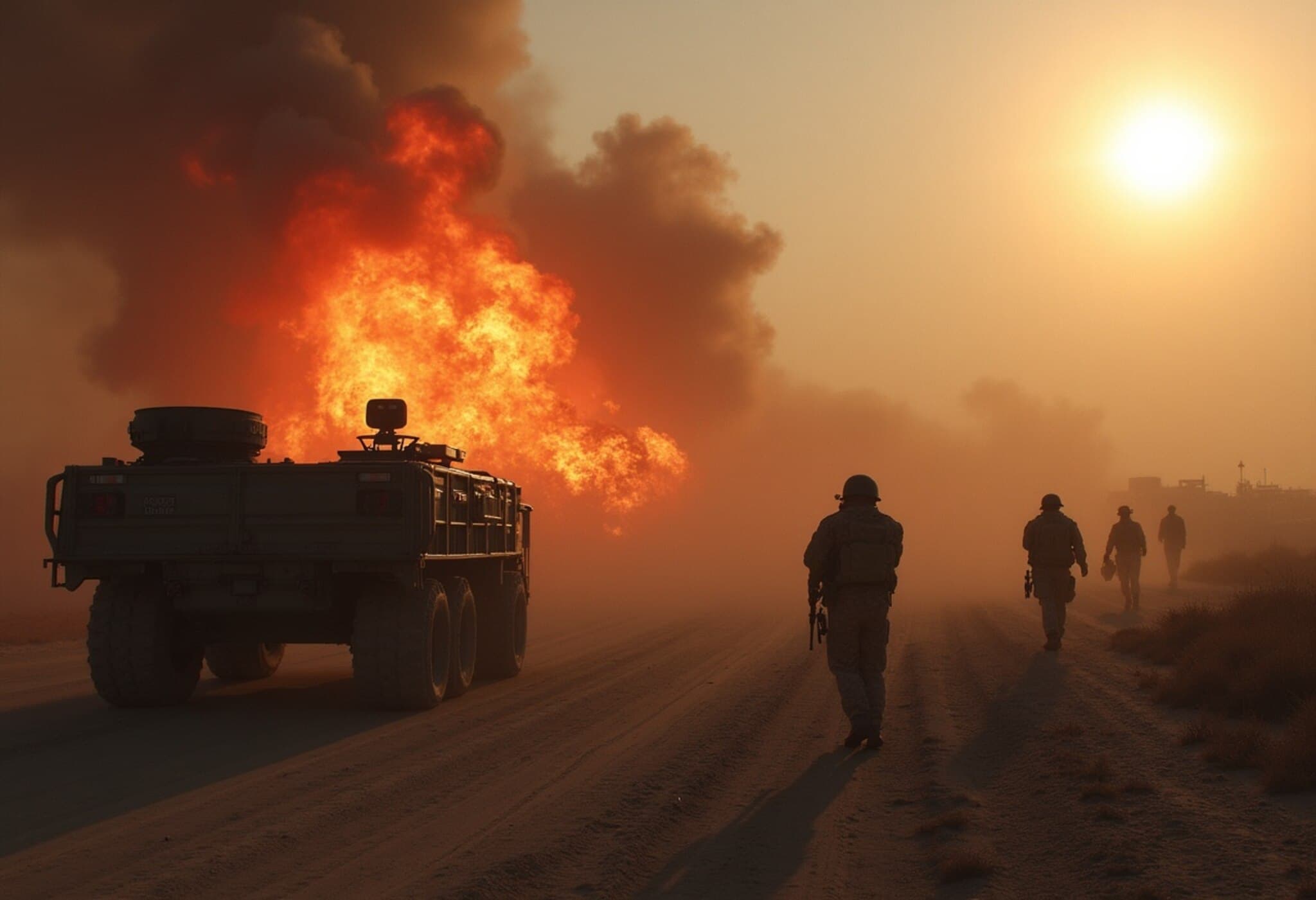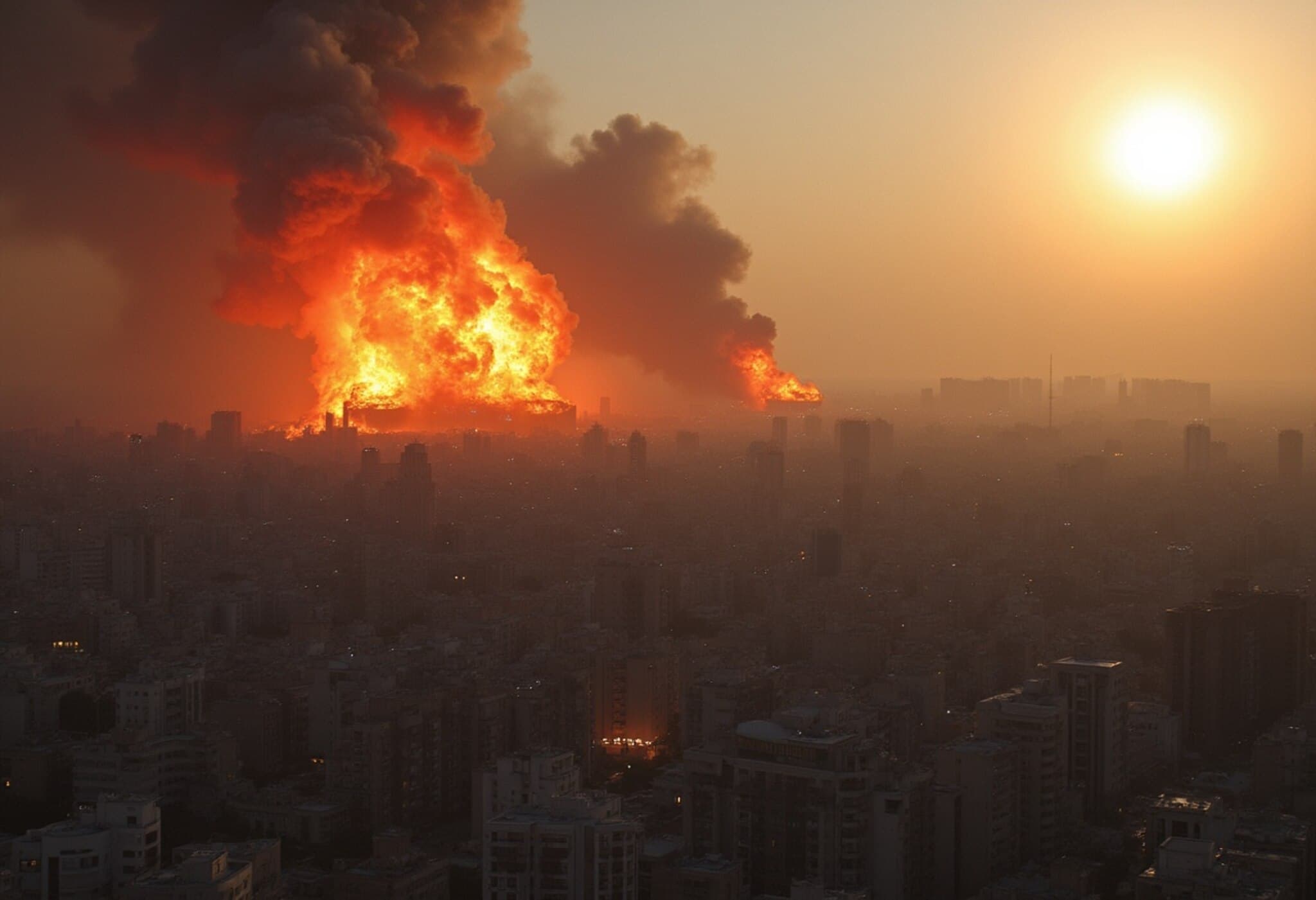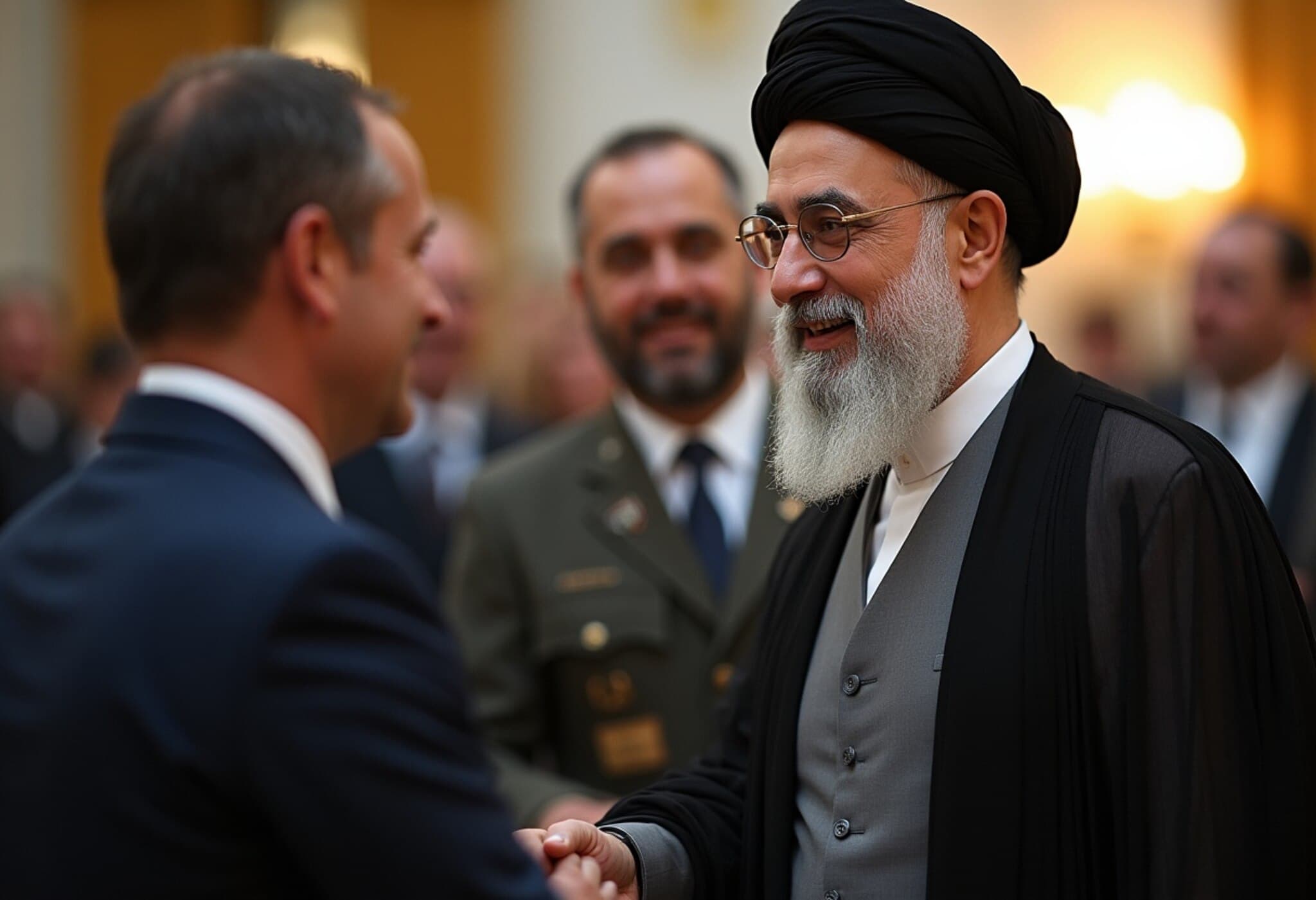US Vice President JD Vance Defines Strike on Iran as Strategic Warning
In a recent development that has seized global attention, US Vice President JD Vance emphasized that the United States is not at war with Iran but is focused squarely on thwarting Tehran's nuclear ambitions. His remarks came a day after the US carried out its first direct strikes on Iranian territory, sparking international concern about escalating tensions in the Middle East.
Vance Delivers a Measured Message
Speaking in an interview, Vance clarified that America's military action was a targeted effort against Iran's nuclear weapons program rather than a broader conflict with the country itself. While cautious not to reveal sensitive intelligence details, he expressed confidence that these strikes have significantly delayed Iran's capacity to develop nuclear arms.
“We’re not at war with Iran,” Vance stated. “We’re at war with Iran’s nuclear program.” His statement sought to reassure that the objective remains limited and precise, aiming to avoid a widening conflict across West Asia.
Contrasting Views from the US President
Meanwhile, former President Donald Trump conveyed a more assertive tone, alluding to a potential regime change in Iran. Through a post on social media, he claimed that the missile strikes inflicted “monumental damage” on the nuclear sites, particularly emphasizing destruction deep underground.
Trump’s comments marked a departure from official messaging provided by senior US defense officials, including Defense Secretary Pete Hegseth, who underscored that the mission was a precise operation targeting nuclear capabilities and not intended for regime change.
Iran's Immediate Reaction and Regional Ramifications
The strike on Iranian soil triggered swift retaliation, with Iran launching missile attacks on Israel shortly after. Iranian leadership asserted that the US strikes unveiled Washington’s backing of Israeli actions, escalating an already volatile regional environment.
President Masoud Pezeshkian vowed a forceful response, sustaining fears of further escalation. The global community continues to monitor the stormy aftermath as diplomatic and security challenges intensify.
What This Means Going Forward
- US Focus: Containment of Iran's nuclear program remains the primary goal.
- Political Nuance: Divergent statements within US leadership reflect ongoing debate on strategy.
- Regional Stability: Iranian retaliation highlights the risk of expanded conflicts in the Middle East.
As these dramatic developments unfold, the world watches closely for the next moves in this complex saga, weighing the fine line between strategic deterrence and unintended escalation.

